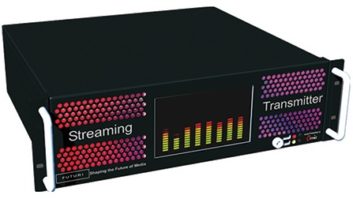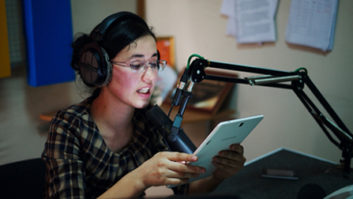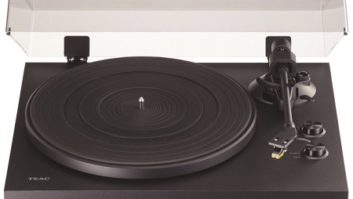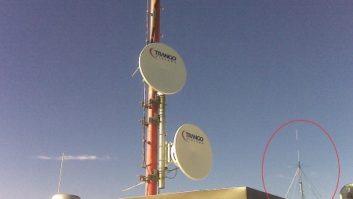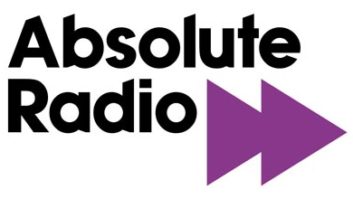Australia is a nation driven by rock music and cricket. But what happens when those two things collide?
This month, rock station Triple M carried live commentary of the first Test Match between Australia and Pakistan at the Gabba in Brisbane � a match which Australia won by 39 runs.
Mixing sports and music is a dangerous thing for a radio station to do; sports commentary – which by its nature is all-talk � is a very different listen to music, after all. The differences are particularly large when matches occur during the workday, as this one did. Cricket matches are many hours long, too, exacerbating the problem. But Triple M ensured that fans of both were given a service – by splitting their digital signal from FM.
Listeners to Triple M on FM were given the cricket commentary. Listeners on DAB+ and online were, instead, given the non-stop rock that Triple M is famous for. Each cross-promoted the other.
In Australia, this is a well-used technique. The ABC, the public service broadcaster, also carries sports output on AM while offering a different news program on DAB+ and online.
The opportunities available by digital broadcasting has meant similar �split broadcasts� in other parts of the world.
In the UK, Absolute Radio took commentary on some of their frequencies, while using digital to carry music programming. In London, the local station BBC Radio London will often cover two different soccer matches: one on FM and one on digital.
Nationally in the UK, the BBC broadcasts an “extra” station on digital, BBC Radio 5 Live Sports Extra, which is a part-time service carrying additional commentaries and programs. Unlike the other examples here, BBC Radio 5 Live Sports Extra is an additional station produced by removing bitrate from other radio stations on the same digital DAB multiplex, slightly reducing their quality, and using the saved bandwidth to produce a new service.
In Germany, soccer DAB+ station 90elf also split their DAB+ bitrate on Saturday afternoons to add a number of additional Bundesliga match commentaries for audiences to tune into.
In some cases, these split services are caused by rights issues – unavailability of sports rights for online, for example. But increasingly, many stations are using it as an opportunity to promote digital radio, as well as acknowledging that audiences with a digital set are still, in most cases, able to switch back to analog.
It�s not just news, either – in the UK, news station BBC Radio 4 also broadcasts an additional side-channel at certain times of the day, with religious programming. And Cornish station Pirate FM broadcast, for a while, local community programs during the evening on DAB while continuing to broadcast music programming on FM.
Digital broadcasting�s flexibility can sometimes be confusing: particularly when asking listeners to tune into part-time stations that often only exist on the multiplex while broadcasting. But the flexibility can offer additional programming for the listener and additional opportunities for the broadcaster.�
�





